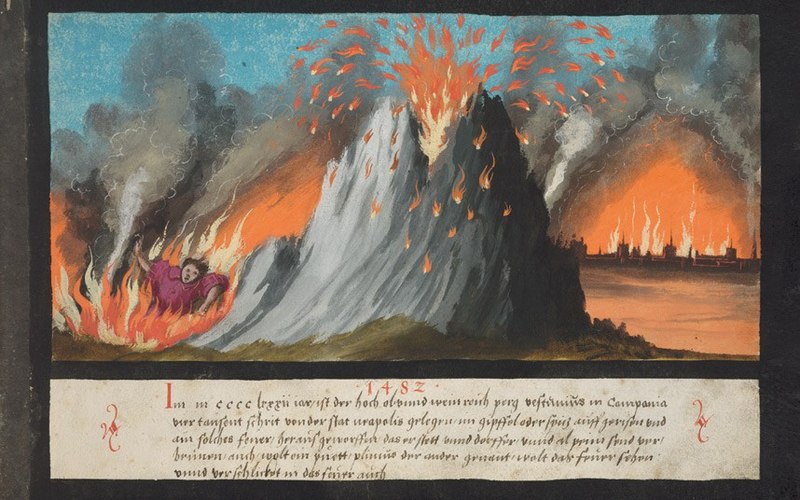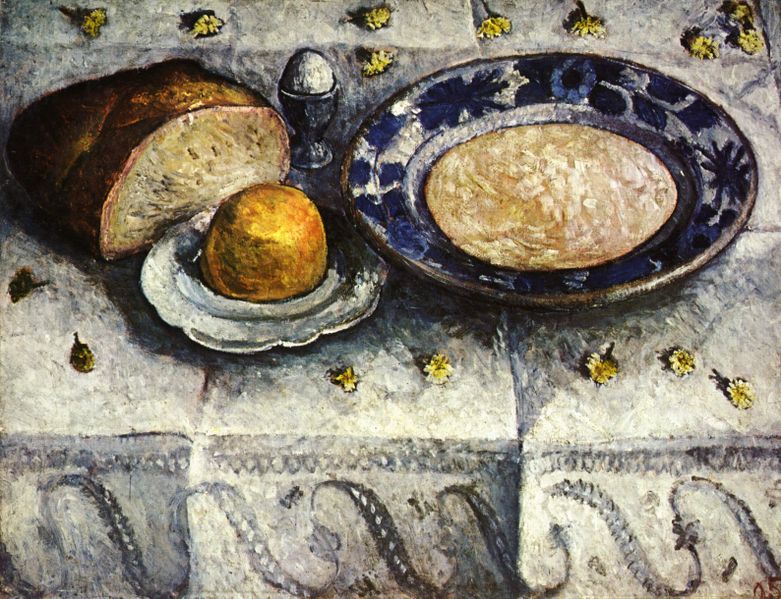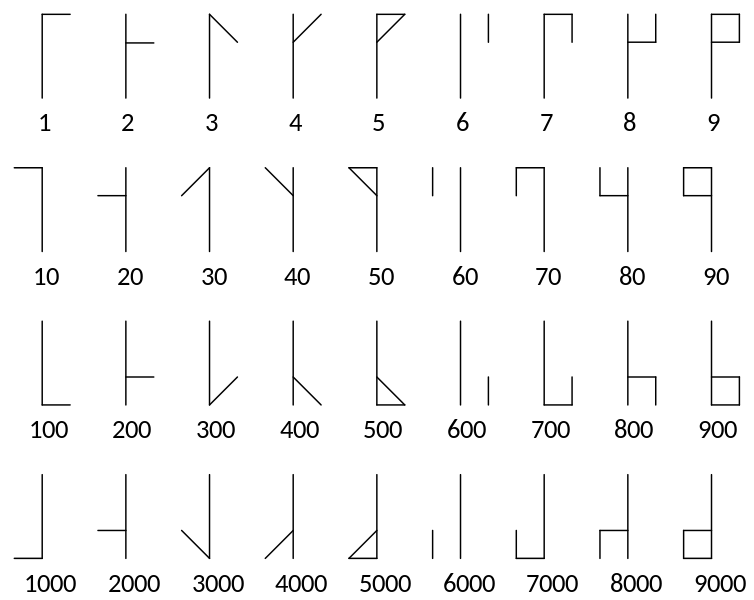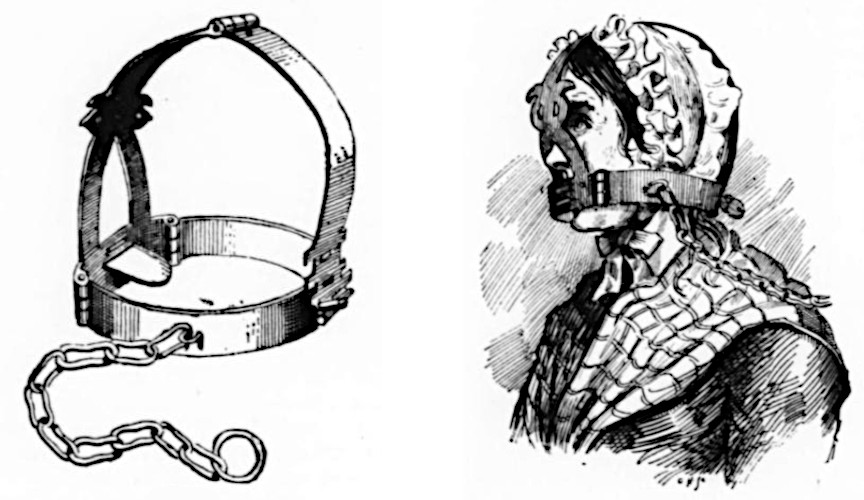But the most absurd and preposterous of all [ventures offered during the South Sea Bubble], and which shewed, more completely than any other, the utter madness of the people, was one started by an unknown adventurer, entitled ‘A company for carrying on an undertaking of great advantage, but nobody to know what it is.’ Were not the fact stated by scores of credible witnesses, it would be impossible to believe that any person could have been duped by such a project. The man of genius who essayed this bold and successful inroad upon public credulity, merely stated in his prospectus that the required capital was half a million, in five thousand shares of 100l. each, deposit 2l. per share. Each subscriber, paying his deposit, would be entitled to 100l. per annum per share. How this immense profit was to be obtained, he did not condescend to inform them at that time, but promised that in a month full particulars should be duly announced, and a call made for the remaining 98l. of the subscription. Next morning, at nine o’clock, this great man opened an office in Cornhill. Crowds of people beset his door, and when he shut up at three o’clock, he found that no less than one thousand shares had been subscribed for, and the deposits paid. He was thus, in five hours, the winner of 2000l. He was philosopher enough to be contented with his venture, and set off the same evening for the Continent. He was never heard of again.
— Charles Mackay, Memoirs of Extraordinary Popular Delusions and the Madness of Crowds, 1852








